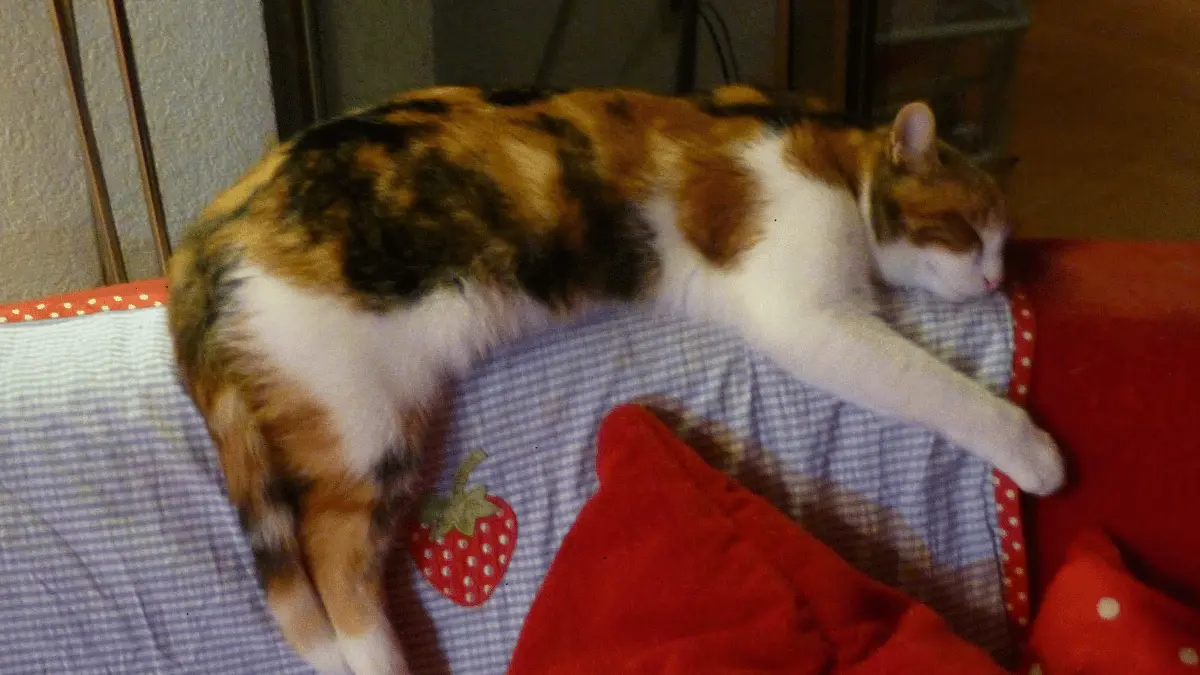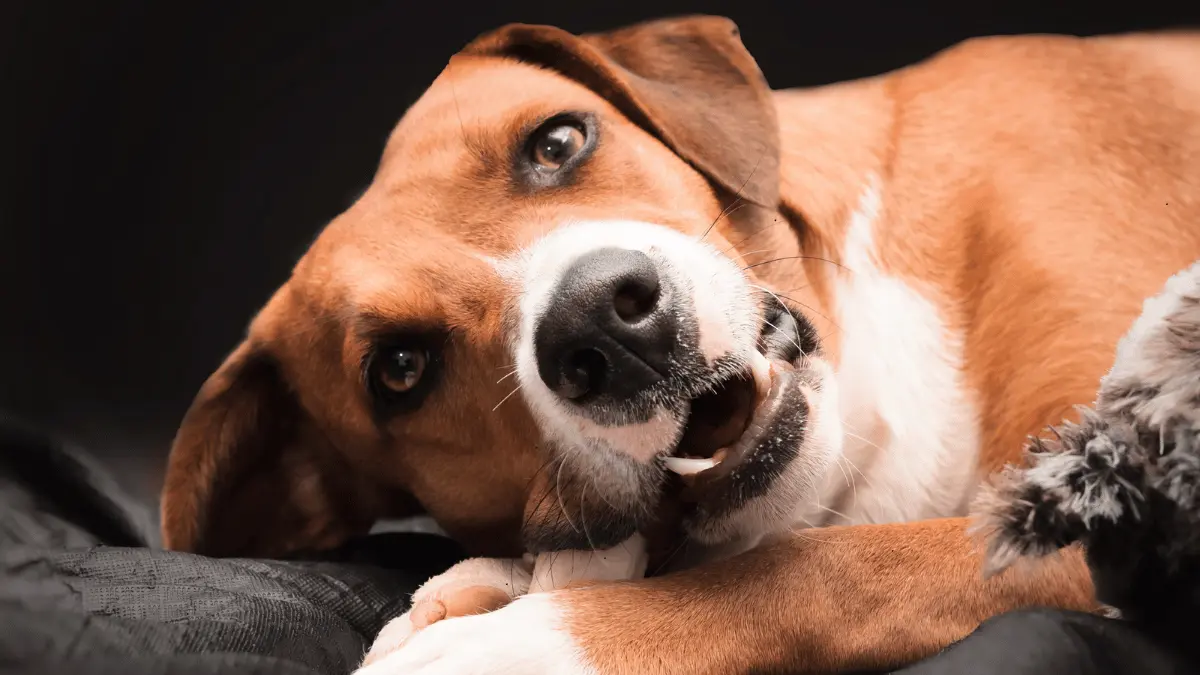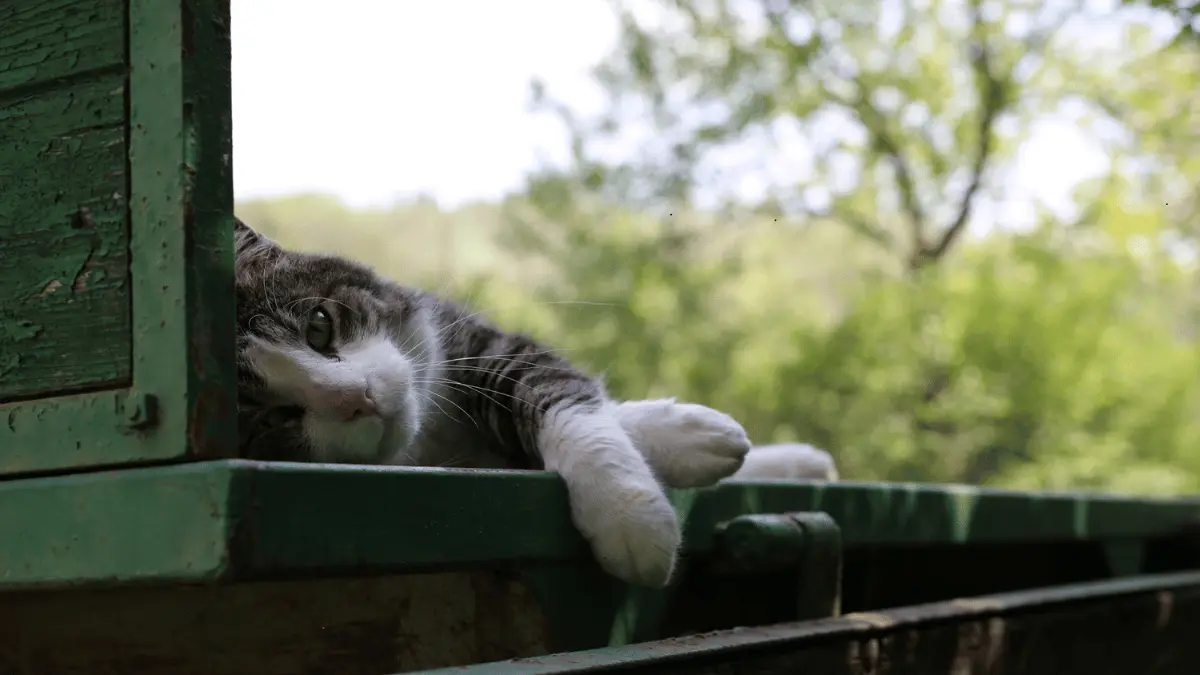5 Signs That Your Cat Isn’t Getting The Nutrition They Need
Have you ever wondered if your cat is getting the nutrition he needs from his food? No matter how meticulously you do your research and read labels, observing your cat might actually be the best way to evaluate the nutrition of the food in your cat’s bowl.
In short, the true indicator of high-quality cat food is probably purring beside you on the couch! Sure, other factors can play a role in your cat’s health, behavior, and appearance. But evaluating his nutrition is a very wise place to start.
Let’s take a look at five signs you can look for right now that might indicate your cat isn’t thriving by getting the nutrition he needs from his cat food.
A Dull, Dry, Flaking, or Matted Coat
A healthy, thriving cat has a shiny and plush coat. If his coat is dull and dry, he may not be getting enough protein in his diet. A coat that’s also matting or flaking can also be a sign of poor dental health or joint pain, which could be preventing him from grooming himself properly.
Once you’ve checked with your veterinarian to rule out any possible underlying issues, evaluate his cat food to see if it contains adequate protein levels. In dry cat food, the crude protein level should be at least 30 percent. In wet cat food, it should be around 8 percent.
You’ll find this information listed under “Guaranteed Analysis” on most pet food labels.
Poor Tooth and Gum Health
A cat’s teeth should be strong and white. His gums should be pink (not red), moist, and have a healthy appearance. Gums that don’t cover the root of your cat’s teeth or are bleeding can indicate poor dental health and possible nutrient deficiencies.
According to the experts at Bond Vet, a cat with dental issues may also have a poor appetite or even refuse to eat altogether, which makes his nutrition problem even more serious.
Try to look at your cat’s teeth and gums at least once a month so you can catch potential problems early and follow up with a professional dental checkup and cleaning every year.
Digestive Issues and Hairballs
There’s no polite way to say this. You can tell a lot about your cat’s nutrition just by looking in his litter box. Healthy stools should look like fully formed, moist logs and they don’t have a sour or excessive smell.
When a cat’s stools are hard, small pieces or pellets rather than logs, he could be chronically dehydrated. One way to remedy this issue is to switch to canned cat food. You could also add a little water to his dry kibble or invest in a pet water fountain to encourage him to drink more.
Soft or watery stools can be a bit more serious, indicating digestive issues, infection, inflammation, or illness. In this case, a trip to the vet is in order.
Cats who are prone to hairballs may also have a nutritional deficiency. In general, when the diet is healthy, cats don’t shed as much, which means they don’t consume a lot of hair during grooming. You might want to switch to a high fiber cat food or a special hairball formula that helps move hair through the digestive tract.
Difficulty Maintaining a Healthy Weight
It’s far too common for cats to be packing a few extra pounds, especially indoor cats who don’t get enough exercise. If your kitty’s belly sways when he walks, it’s time to make some changes in his calorie and carbohydrate intake.
If your cat is at a healthy weight, you should be able to feel his ribs, but they shouldn’t be sticking out or visible. When you look at him from the top, his figure should look like an hourglass. And, there shouldn’t be a big belly hanging down as he walks.
Being underweight can also be a problem for your kitty. It could indicate nutritional deficiencies or even an undiagnosed illness.
If you are having difficulty keeping your cat at a healthy weight, sit down with your vet for a talk about how many calories he needs. The solution could be as simple as offering more or less food or switching to an age-appropriate diet for kittens or senior cats.
A Weak Immune System/Chronic Illness
A strong immune system is a good indicator of proper nutrition and a well-balanced diet. If your cat is prone to colds, infections, or similar problems, it may be time to change his diet so that his immune system is better equipped to fight off illness.
Chronic illnesses like diabetes, heart disease, and kidney issues can also be related to nutrition. Look for cat food that’s rich in antioxidants, high in quality animal protein, and low in carbohydrates to support the immune system and overall health of your cat.
The Bottom Line
If your cat isn’t displaying any of the signs of poor nutrition mentioned above, he’s energetic and playful, and he seems to enjoy the food you’re providing, then you’ve chosen a great cat food. Rest assured that if your cat is generally healthy and active, his nutritional needs are being met.
But, if you’re noticing any of the issues mentioned above, it’s time to reevaluate his nutrition and talk to his vet about making some healthy dietary changes.














